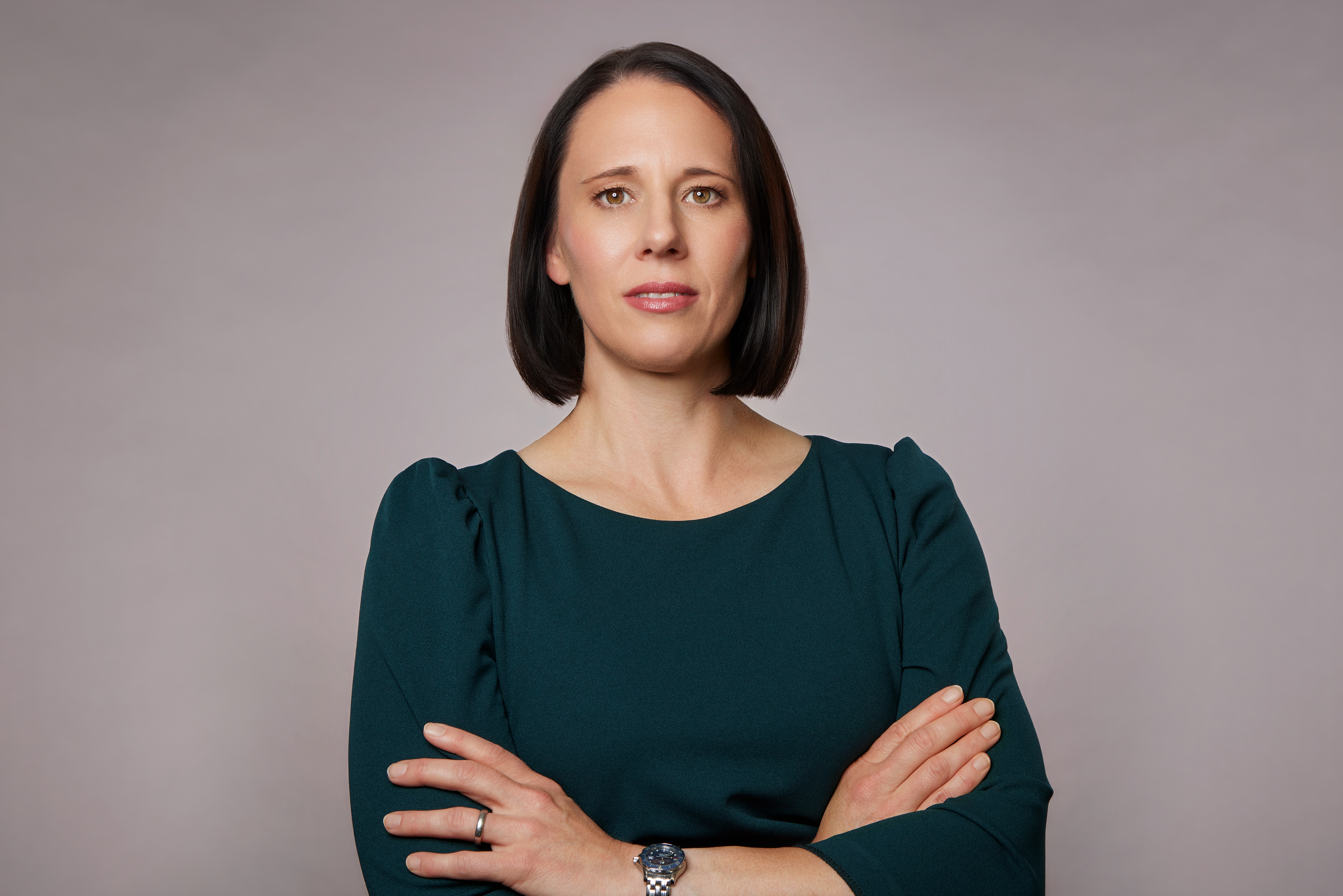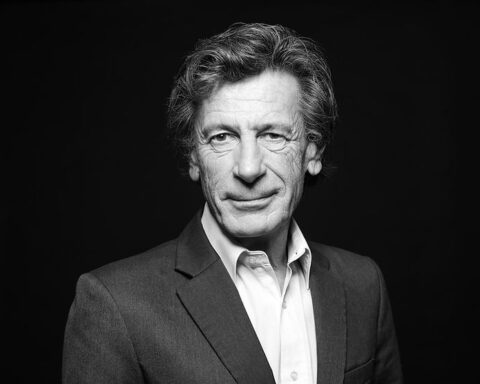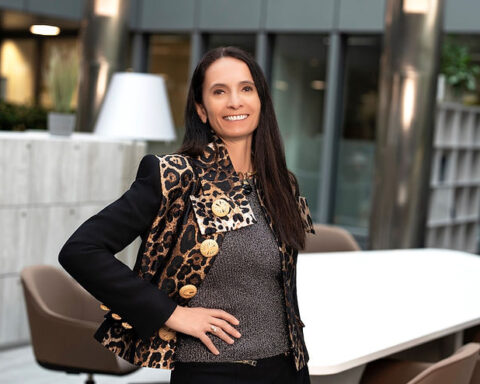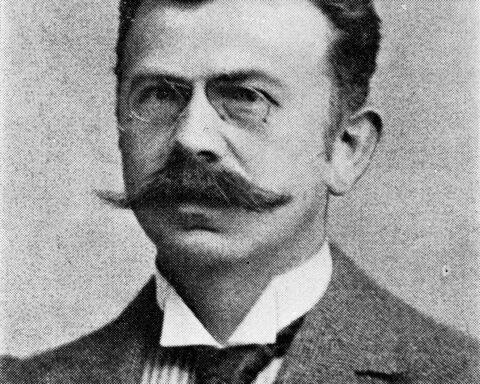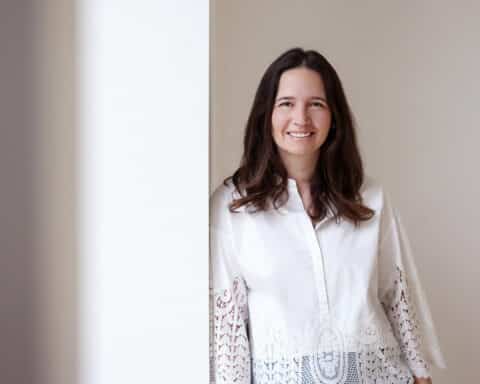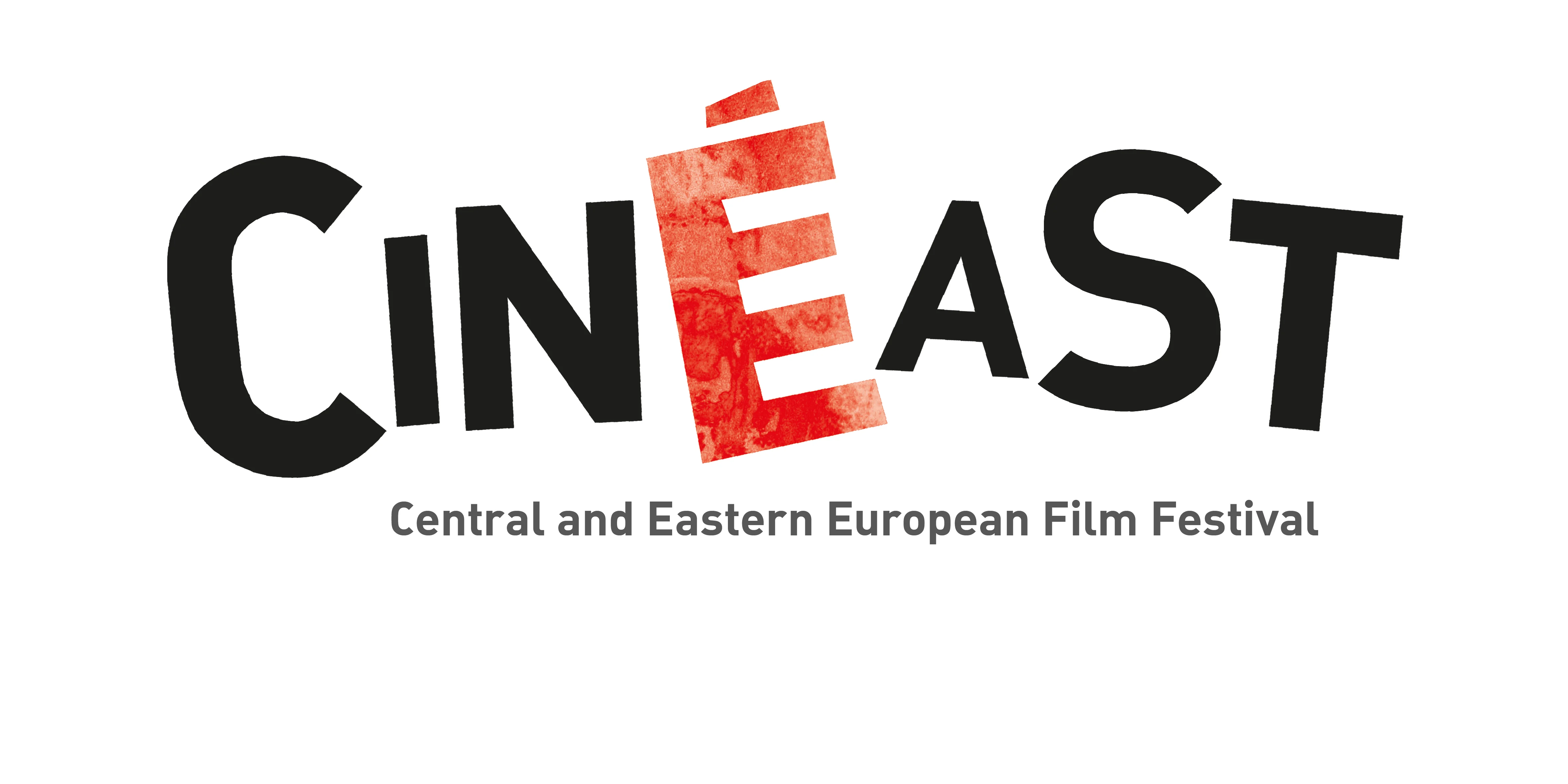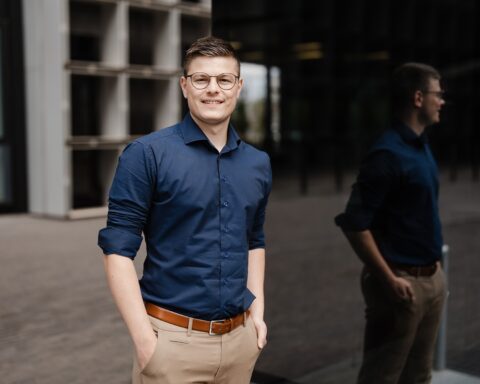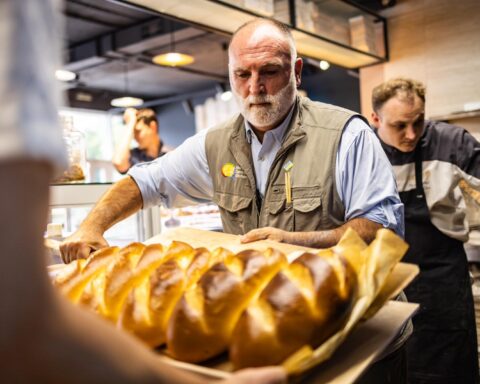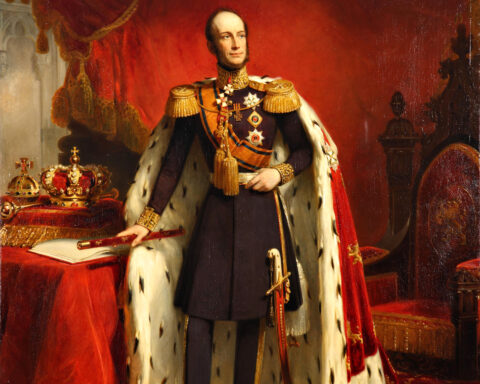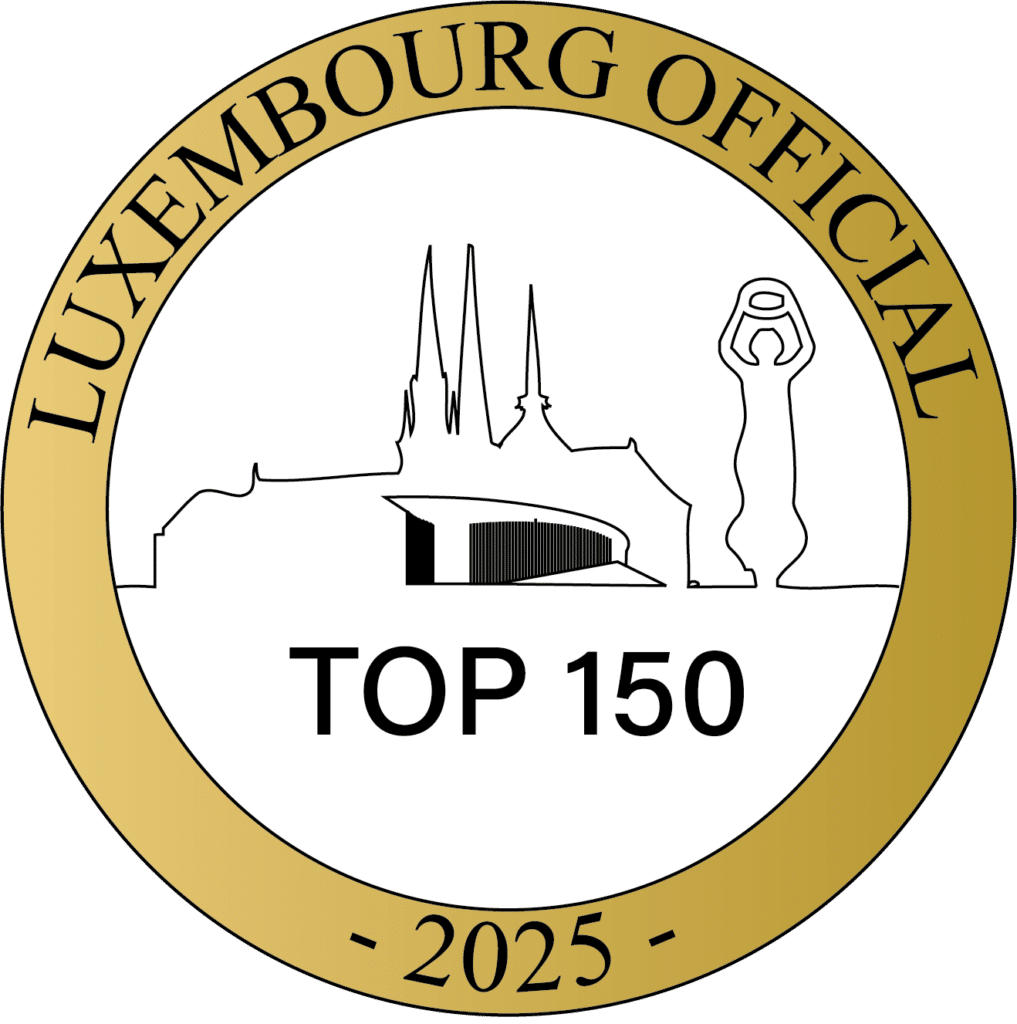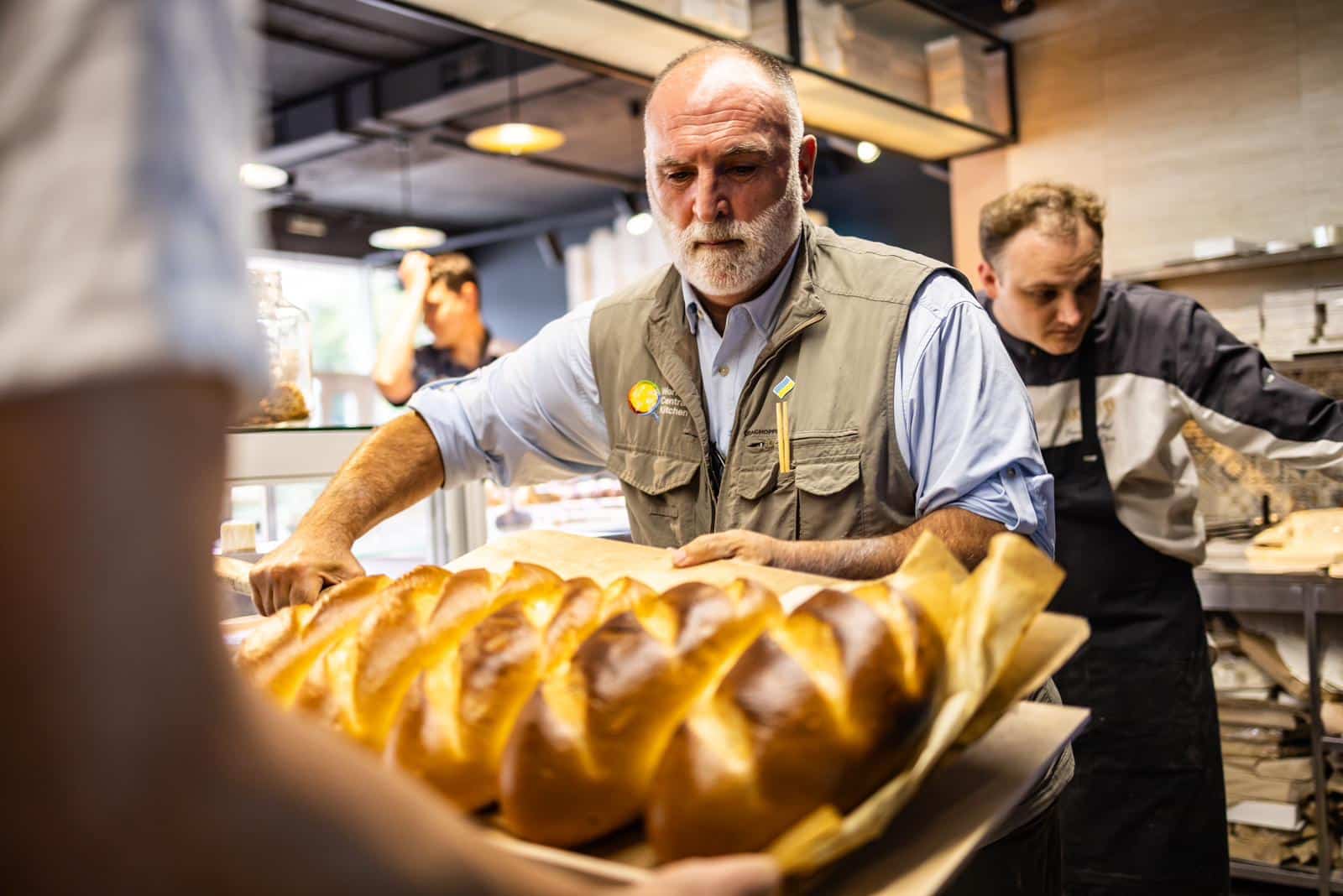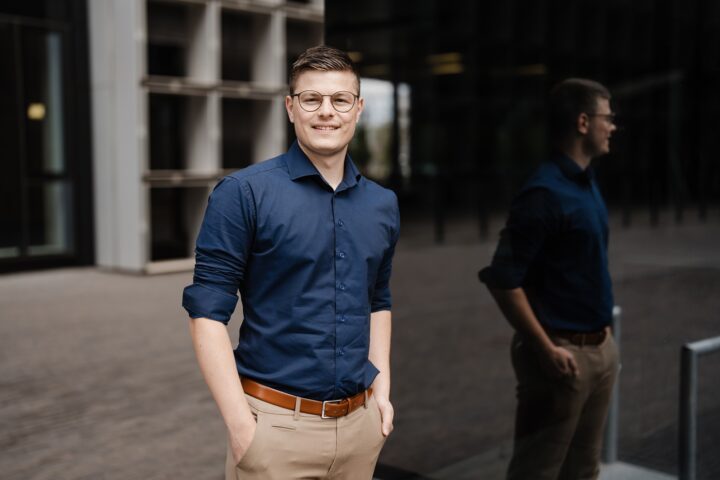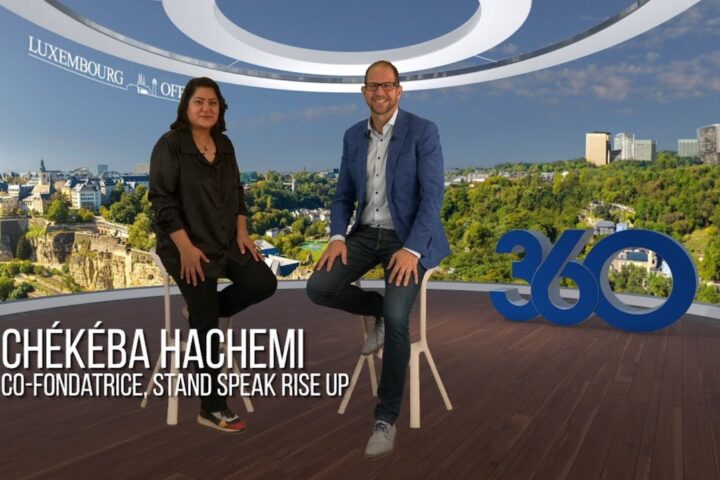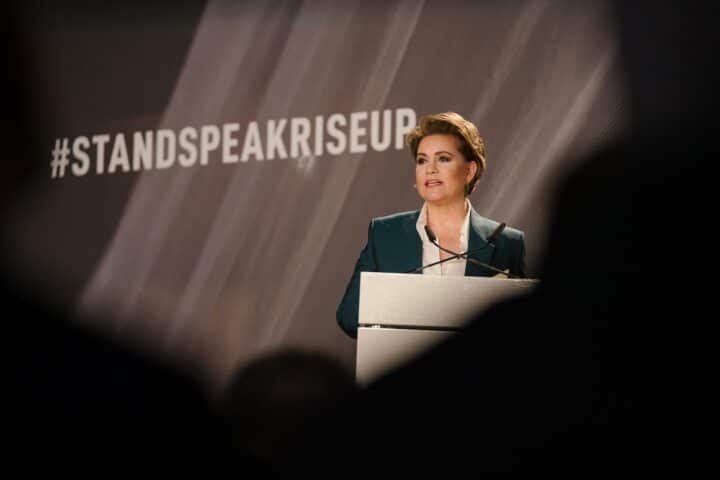World Central Kitchen was virtually unheard of until the news of the last few months brought it into the spotlight. But for 14 years, its founder, Chef José Andrés, and WCK have been transforming the role of cooks by embracing the power of food to change the world for desperate people.
Who is José Andrés?
José Andrés arrived in New York from his native Spain with only $50 (€46.97) in his pocket. By 2019 he had not only built a string of about 40 restaurants, earning two Michelin Stars but was this year nominated for the Nobel Peace Prize. To date, he has also become a best-selling author, a television host, and a food academic. But it was the catastrophic earthquake that killed 200,000 people in Haiti in 2010 that set him and his wife Patricia on a philanthropic path. Since then, his creation, World Central Kitchen, has brought food relief to millions in disaster and war zones. Andrés has said of the devastation in Haiti, “Let me go not so much to help, let me go to start learning.”
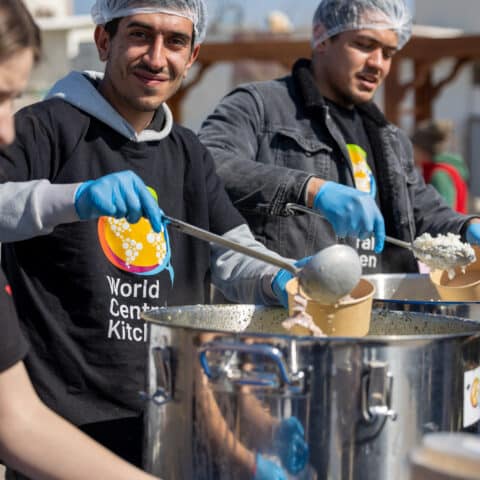
What is World Central Kitchen?
WCK was about learning as well as giving. Cooking alongside displaced families in a Haitian camp, Andrés was guided on the proper way to cook black beans the way Haitians like to eat them: mashed and sieved into a creamy sauce. This guided the philosophy of WCK: That food aid wasn’t just about feeding people in need—it was about listening, learning, and cooking side by side in a crisis. Since the Haiti earthquake, WCK has served more than 350 million meals in crises ranging from earthquakes, hurricanes, wildfires, floods, and even passengers quarantined on a cruise ship during the Covid pandemic.
“Let me go not so much to help, let me go to start learning”
How does World Central Kitchen operate?
WCK works on the simple premise: When medical services are required in the wake of a disaster, you send doctors and nurses; when you need to rebuild, you bring in engineers and architects. And if you must feed people, you need professional chefs. “When people are hungry, send in cooks,’ he says. WCK seeks to be first to the frontlines, providing fresh meals in response to humanitarian, climate, and community crises. It does this by joining with local groups in disaster zones. It partners to create a network of local restaurants, food supplies, and emergency kitchens. Since its launch in Haiti WCK has contributed to the provision of meals in Australia, the Bahamas, the Dominican Republic, Egypt, Israel, Lebanon, Morocco, Puerto Rico, Ukraine, the United States, Turkey, Syria, and Palestine.

